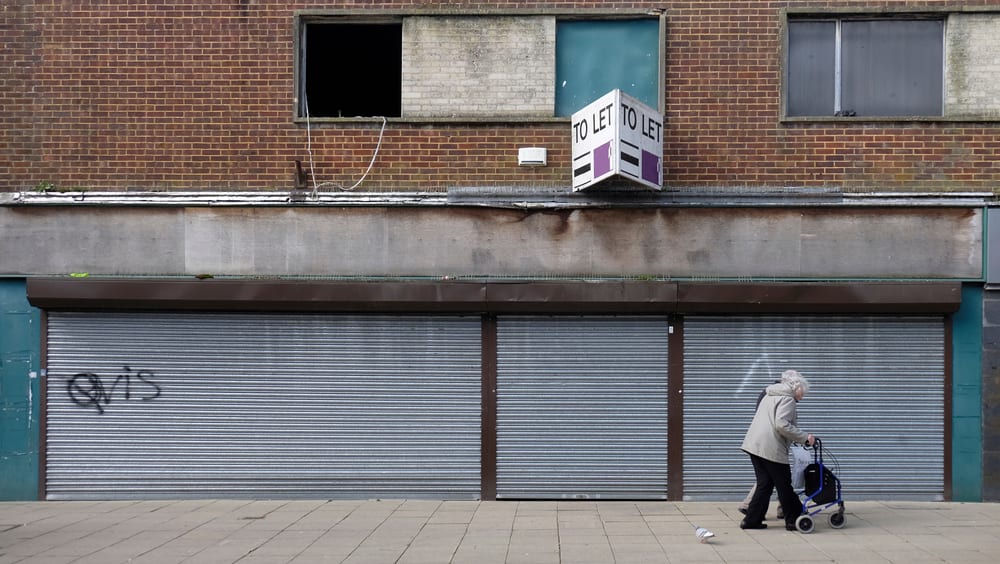|
 |
‘The rhetoric of the far-right traps young men within - rather than emancipating them from - their concerns.’
We all recall the insecurities that defined our teenage years. Anxieties that are a normal and healthy part of reaching adulthood. Today’s cohort enters an online world specifically designed to prey on these fears. As a young teenager, I remember my YouTube algorithm feeding me radical right figures such as Jordan Peterson, Ben Shapiro, and Milo Yiannopoulos whose hateful rhetoric was cloaked in pseudo-intellectualism. As a young teenage boy anxious about the world, and about my place within it - being told that these feelings could be blamed on others was a tempting fantasy. But rather than explain my worries, the narrative that I was fed deepened them. The rhetoric of the far-right traps young men within - rather than emancipating them from - their concerns.
A decade on, teenagers face an even greater onslaught of radicalisation. TikTok, X, and Instagram have descended into willfully unmonitored Wild Wests, while children aged five to fifteen now spend an average of over five hours a day on social media. With youth clubs closed, school absenteeism at record highs, and parasocial relationships increasingly prevalent, young people are incredibly exposed to online influence presented to them. A recent study found that 69% of boys aged between 11 and 14 had been exposed to misogynistic content without searching for it.
As is often the case, those on the lowest socio-economic rung are most targeted. The economic trends born from Thatcherism, and exacerbated by austerity, and Brexit, have created justifiable frustrations among young men. For many of my generation, home ownership is a pipe dream, the job market a catastrophe, and public services gutted. For too many the things their parents took for granted now feel unattainable - no wonder young people do not trust politicians.
From Teesside to Torquay, from Dundee to Aberystwyth, the industries that once gave people - particularly young men - purpose and pride have evaporated. What remains is a scarred landscape: a boarded up shop here, a repurposed factory there, reminders of opportunities that no longer exist for the young men of today. Economic vulnerability breeds social anxiety, Reform UK and the far-right know this better than most. The pubs and men’s clubs are disappearing. Studies show that men have much smaller and less diverse social circles compared to women meaning they are at greater risk of atomisation and isolation. Young men are retreating from shared physical spaces, where they are more likely to encounter disagreement and diversity of opinion, to exclusive online spaces, echo chambers of affirmation, often of extreme fringe views.
The collapse of the union movement may also partly explain why so many working-class men feel politically impotent in society today. It has robbed young workers of the political capital and informal education it once provided to their grandfathers. Take my Grandad: he left school at fourteen to work in a Rolls-Royce factory in Coventry. He was an avid supporter of workers’ rights and walked out on strike alongside men and women who shared his class consciousness. They understood that their enemy was not the Caribbean immigrant from down the street, nor the Eastern European colleague beside them, but those in government who sought to strip their rights. During his career he witnessed the introduction of the Equal Pay Act (1970), the Race Relations Act (1976), and the introduction of the National Minimum Wage (1998) - he saw a progressive politics that delivered for people like him.
Today, young boys fourteen and younger are falling down a rabbit hole of misinformation that claims to explain why, when they leave school they’ll struggle to find employment, get a doctor’s appointment, or ever hope to own a house. If they are lucky enough to enter the workplace, they are told to blame women and ethnic minorities for the rights and power that has been stripped from them by some politicians and vested interests. And when they clock off, their walk home takes them through dilapidated high streets, with no opportunities to engage with their community or build social unity. This is fertile ground for radicalisation.
These problems are exacerbated by the far-right who seek to profit politically and financially by misdiagnosing the causes of economic and social instability. If we wish to defeat the radical right, we could begin by protecting young minds from the polluting nature of social media and holding such companies to account. We must try to deliver opportunities and growth to regions of the UK that have been decimated by austerity. The enemy of the working class is not the asylum seeker, but the politician who believes the minimum wage is too high.
But perhaps most importantly, we must not alienate young men who have been victims of radicalisation. We have a duty to bring them back into their communities, among those they may disagree with. To fight against the radicalisation of young men, we must recognise their grievances and work with them to address the root causes - exposing the snake-oil salesmen who blame structural unemployment or neoliberal decay on “the other” whomever that may be.
Joshua Edwicker is Content Officer at Best for Britain

